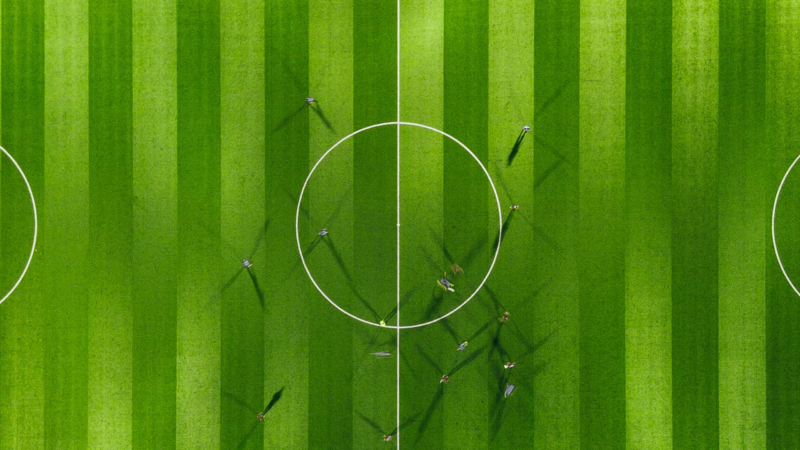Making sense of our connected world
Jeanette Hofmann @ Quo Vadis
On the 24th of April, our director Prof. Dr. Jeanette Hofmann is attending the “Quo Vadis” developers conference for computer games. She is participating in the panel “illegal fans – is the gaming and media industry in a trust crisis?” Jeanette Hofmann is discussing with various stakeholders on the following topic:
The trust of customers, especially of gamers, seems to be broken. That is mostly due to digital rights management approaches that leave them with a feeling of harassment. Problems of copyright seem to be the focus of the industry: Activation measures, online passes and a continuous focus on monetization. On the other hand, there is a major lack of trust on the publishers side. The apparant lack of morale and the many illegal copies threaten the business models and the industry itself. The obvious question is: how can we solve this conflict?
This post represents the view of the author and does not necessarily represent the view of the institute itself. For more information about the topics of these articles and associated research projects, please contact info@hiig.de.

You will receive our latest blog articles once a month in a newsletter.
Research issues in focus
Navigating platform power: from European elections to the regulatory future
Looking back at the European elections in June 2024, this blog post takes stock of the Digital Services Act’s effect in terms of navigating platform power.
AI Under Supervision: Do We Need ‘Humans in the Loop’ in Automation Processes?
Automated decisions have advantages but are not always flawless. Some suggest a Human in the Loop as a solution. But does it guarantee better outcomes?
The plurality of digital B2B platforms
This blog post dives into the diversity of digital business-to-business platforms, categorising them by governance styles and strategic aims.



